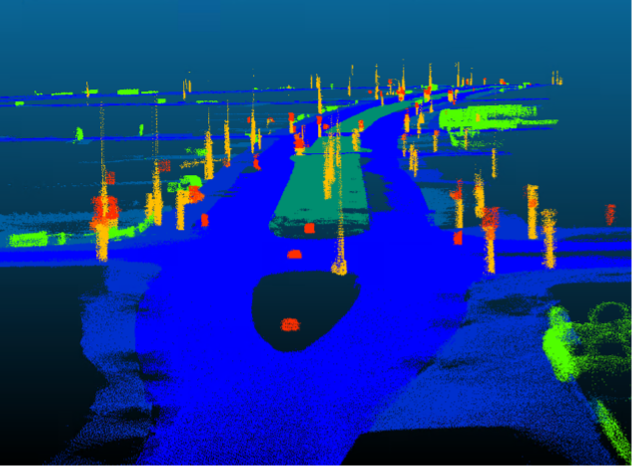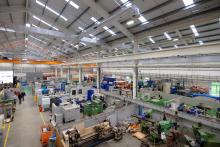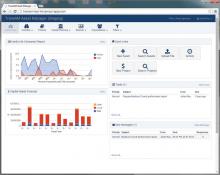
Based at the University of Cambridge site in West Cambridge, UK, over 50 researchers are working collaboratively with businesses to address industry challenges in the adoption of innovative technologies and accelerating integration into everyday business. The initiative is currently made up of two project grants: Digital Roads and Future Roads.
The Digital Roads Prosperity Partnership is a research project, supported by the Engineering and Physical Sciences Research Council (EPSRC), part of UK Research and Innovation (UKRI). The programme is being delivered in partnership with National Highways and Costain Group. The research explores how digital twins, smart materials, data science and robotic monitoring can work together to develop a connected physical and digital road infrastructure system. The vision is to deliver resilient roads that can measure and monitor their own performance over time.
Future Roads is a Marie Skłodowska-Curie Action Fellowship Programme. Fellowships are offered to 27 early-stage researchers. Fellows have the freedom to develop their own ideas and propose their individual research projects for a duration of three years targeting primarily five thematic areas: digital twins; smart materials; data science; automation and robotics; and sustainability. The objective of the programme is to promote researchers by providing training and support in career development towards advanced research careers in the field of digital and sustainable transformation of road networks.
Digital Roads of the Future initiative involves 25 Industry partners acting as co-funders in the Future Roads Fellowship Programme extending the initiative to the number of involved practitioners. The concept of industry involvement is based on the partnership between world-class research and development on one side, and supportive deployment environment for innovative solutions on the other. Partners have an opportunity to initiate open discussions and engineering collaboration between industry representatives and researchers in tailoring the research and development towards industry-specific challenges. Companies have the possibility to take an active role during the research and development phase, identify the most valuable outcomes and shape the process targeting the road industry needs.
By 2030, the Digital Roads team aims to have produced a hybrid cyberphysical product to support our roads and the ambition to expand that same development journey for other road assets such as bridges and tunnels and the entire strategic road network by 2040.
By the end of the Future Roads Fellowship Programme in 2026, the project will have delivered research publications, conference papers, discussion series and strategic documents to the research and professional community in the road industry. As respective projects are evolving over time and adjusting to industry-specific needs, the real value for the industry will unfold in the upcoming period. The digital future for the road industry in the UK is just within reach.
For more information, please contact us at [email protected].
*Nevena Vajdic (IRF Fellow 2009) is DRF Senior Project Manager, University of Cambridge








